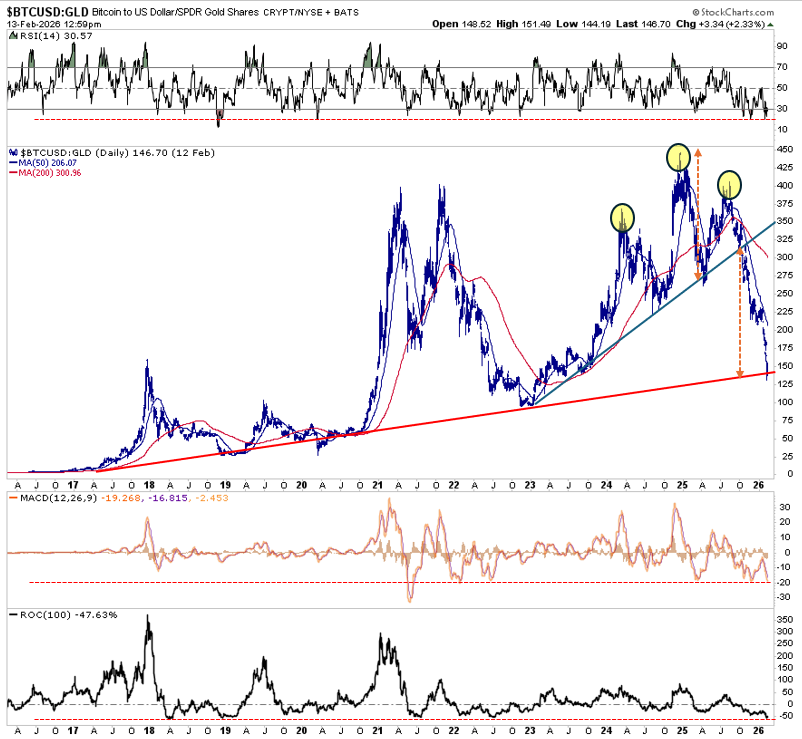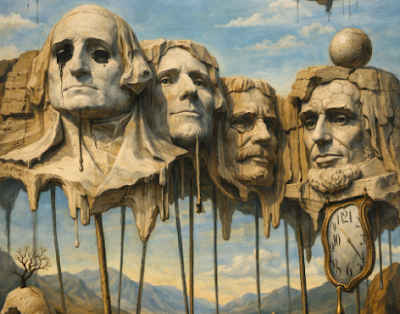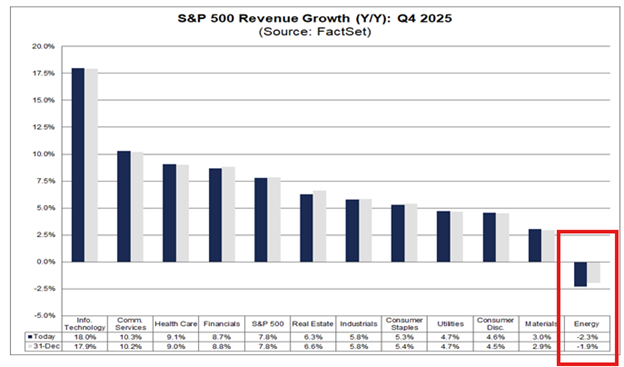To describe anything in human life without the context of economics is to erase the reasoning behind why it even exists. Why do we need reasons for items and concepts to exist? Because it is helpful for every human to think critically about what is truly valuable in society and to give that human the best possible information to best serve the public.
The arts are a fantastic aspect of our culture that display the talents of individuals for everyone to enjoy. What economic context apply to the arts within our culture? There are several aspects that we can both appreciate and learn from when it comes to applying the economic context from the patron’s perspective.
The conscious use of imagination in the production of objects intended to be contemplated or appreciated as beautiful is the official definition of art. However, I believe this falls short in including contemporary forms of entertainment, such as sports, martial arts, comedy, and other entertainment mediums. In fact, the value of entertainment is the key economic context needed to fully appreciate the arts placed before our very eyes. Culture demands to be entertained by the art that is supplied.
Art in this economic context gains meaning significantly when we venture to understand the sheer masses of people who entertain themselves by consuming art and reflecting upon it. Today’s content factories, such as social media websites, offer a platform for creators to pump out entertainment for the masses. Athletes are artists who showcase their various skills before large crowds. The capacity and the desire for a human to be entertained ultimately elicit demand for creators to supply numerous forms of entertainment.
Through this lens, we can understand that art is held very closely to the market phenomena that many of us of the Austrian school champion. In fact, it is so market oriented that there are only two ways in which the government can intervene in the market of the arts: censorship or subsidization. Most Western governments opt for the subsidization of many arts and leave a relatively free market for other art forms to develop. These subsidized arts tend to disregard the market of entertainment and are free to produce art that does not meet the market standard. Whether it be the local theater gaining city government subsidies or the federal government’s influence on Hollywood, these entities will always stray from the market and will consequently affect the rest of the culture despite not meeting the economic threshold to do so.
Because there is such a binary within both the capacity for the human mind to be entertained and the government’s impact on the arts, market forces will most certainly find an avenue to entertain people without the need for government involvement. New games will be invented, new skills will be tested, and new thoughts will be drawn or written down not by government order, but through the propensity of the individual spirit and the desire of individuals to entertain themselves and the others around them.
Art has the capacity for both low and high time preference. The best artists in every field leave their marks upon future generations, standing the test of time and reaching contemporary audiences beyond the earlier civilizations in which their work was created. Televised soccer matches mean that the audience present and abroad can enjoy the creation of beautiful goals both live and in the future. Archaeologists in the distant future will study the effects that Joe Rogan has had on commentary surrounding the social contentions du jour and the nature of the world. He is the best example of the art market swiveling and flipping the table upon itself to create and broadcast several new forms of artistry.
Art is the imprint of the present onto the future. There will never be a better distributor or vocalizer of our ideas. It takes one initiative or one stroke of inspiration to change a million minds. Legacies are never made by accident.
Full story here Are you the author? Previous post See more for Next postTags: Featured,newsletter































